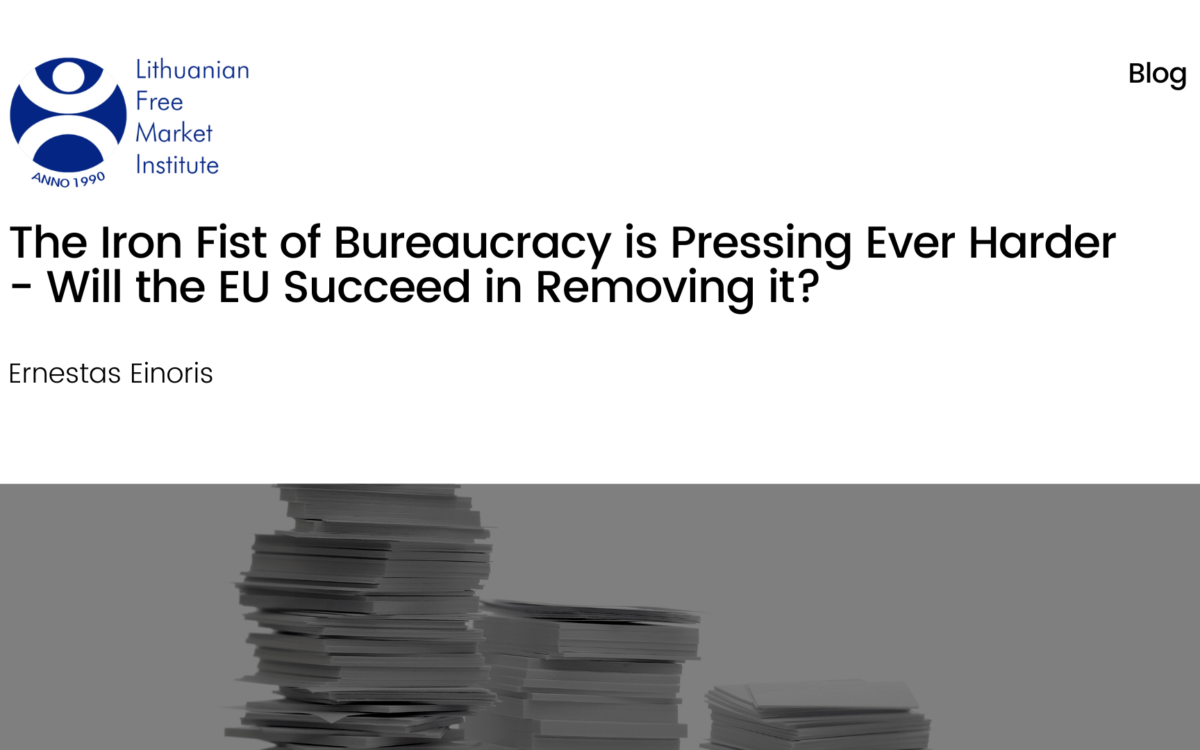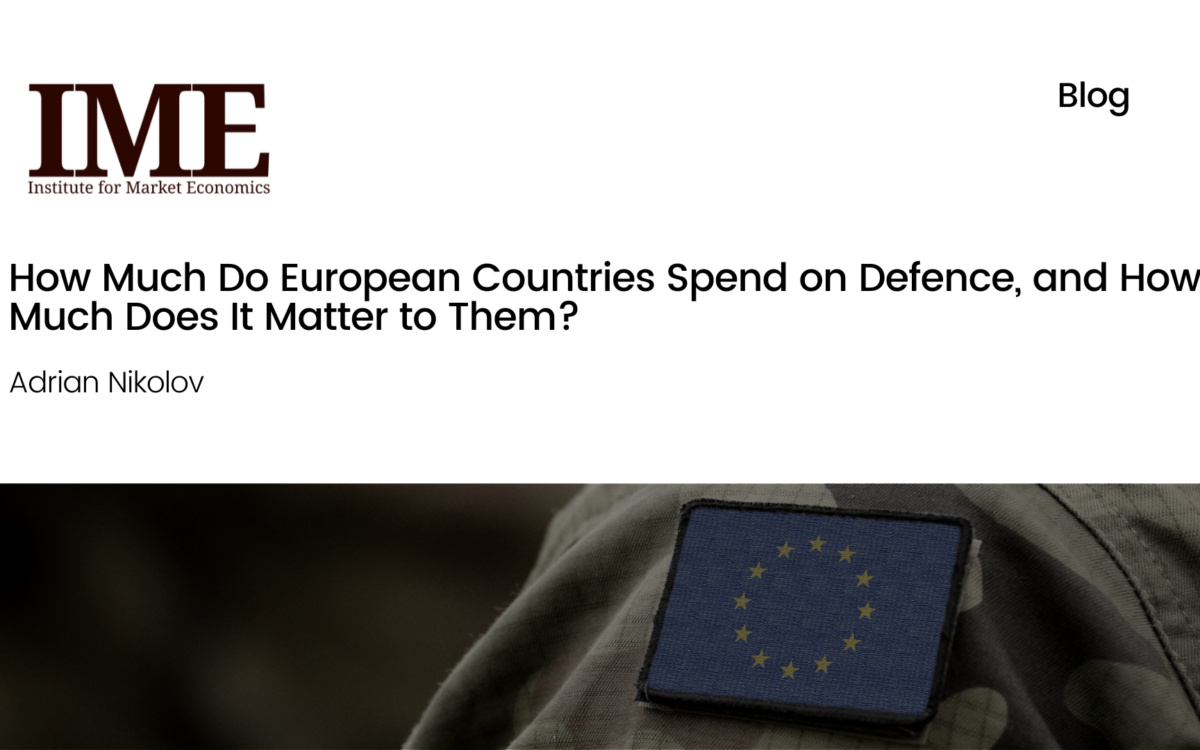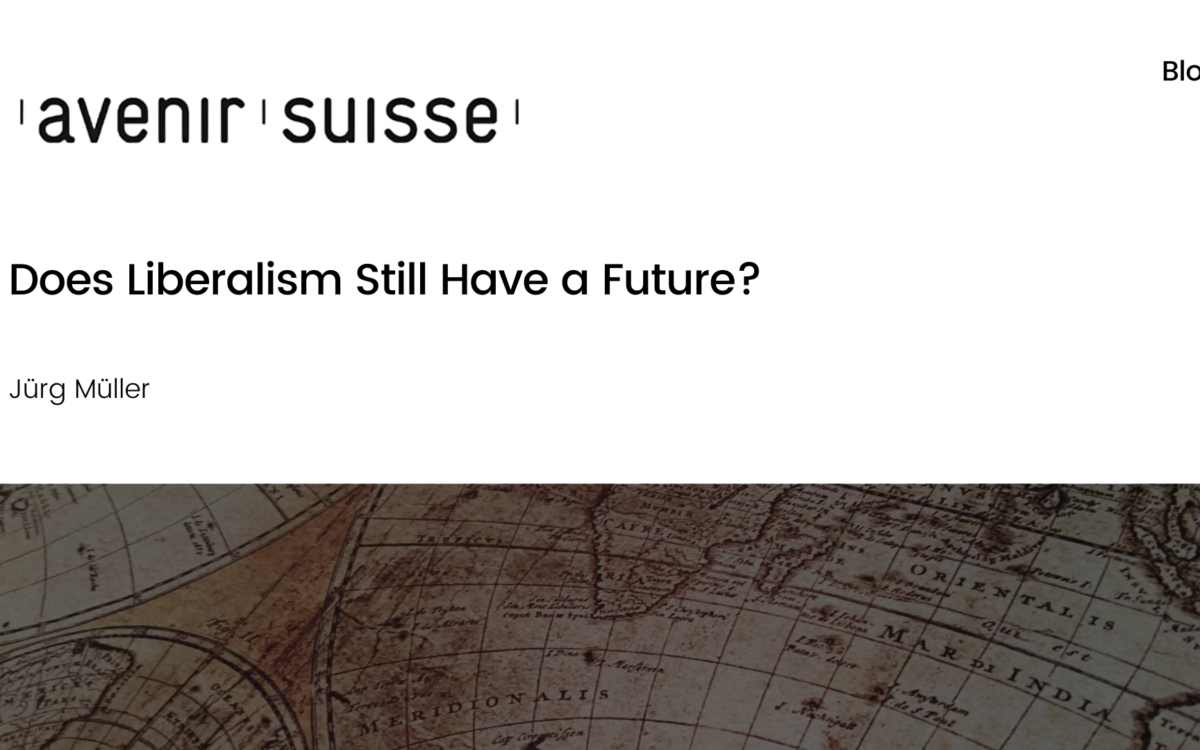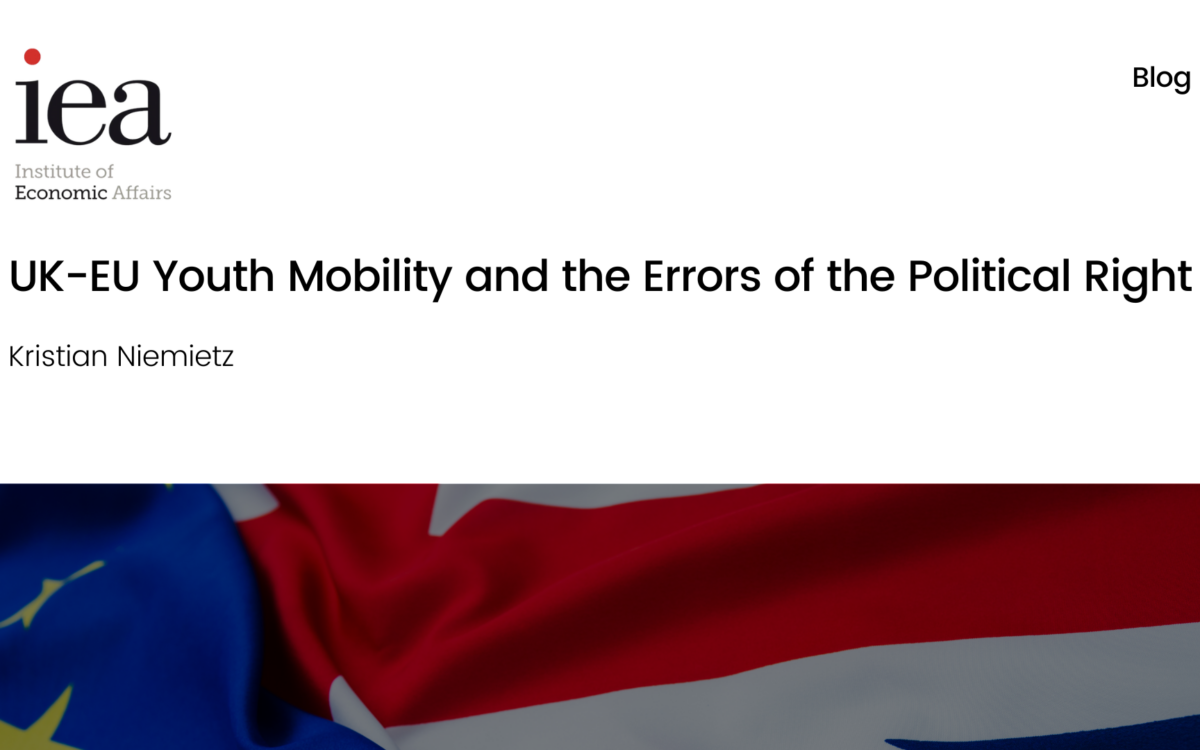EU, E-commerce Tariffs Risk a Social Boomerang
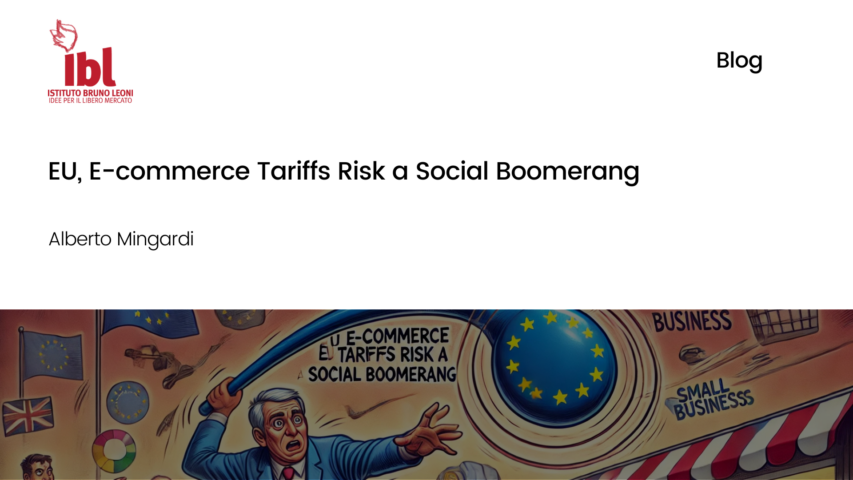
EU E-commerce Tariffs Risk a Social Boomerang
Alberto Mingardi // 30 October 2024
According to the Alchian-Allen theorem (named after economists Armen Alchian and William Allen), only the highest-quality goods should be shipped. If the prices of two substitute products of differing quality increase by the same amount – due to, for instance, transportation costs – consumers will tend to choose the higher-quality item. Californians might opt for more expensive Italian wines because the cheaper ones, when priced similarly to local wines, seem less attractive. The reverse, of course, would occur under different circumstances.
We often overlook how extraordinary it is that this logic no longer strictly applies in today’s world. Thanks to technological advances, improved transportation, and the internet, low-cost and even ultra-cheap products can be sold effortlessly thousands of miles from where they are made. Platforms like Shein and Temu have found remarkable success by offering affordable goods under this model. These brands were virtually unknown a few years ago, but today, they are as common as North American giants like Amazon and eBay.
A key factor in their success is the EU’s customs threshold of €150, below which no tariffs are applied. This allows retailers like Shein to ship products directly from overseas to European consumers without paying import duties. Thus, the “so-so” apples, as it were, arrive at our tables. The beneficiaries are, naturally, the consumers – particularly those who wouldn’t have been able to afford these items (or, metaphorically, skirts, t-shirts, jeans, baking dishes, and pans) at higher prices. Globalisation, though often criticised, enables producers in poorer countries to become marginally less poor while boosting the purchasing power of lower-income groups in wealthier nations.
However, the European Union is no longer content with this arrangement. After targeting Chinese electric vehicles, it is now setting its sights on fast fashion and similar industries. The European Commission has announced plans for a “customs reform for a simpler, smarter, and safer customs union”. In this context, “safer” means eliminating the €150 exemption for small parcels. While this exemption benefits sellers and buyers, it also serves a bureaucratic purpose: the cost of collecting duties on such small amounts may not justify the administrative effort.
According to the Financial Times, 2.3 billion items under the €150 threshold entered the European market last year. That’s 2.3 billion parcels—or between four and five packages for every European citizen. Is it truly “smart trade policy” to tax all these small packages when the tariffs, by necessity, would be proportional to their low value? It’s worth questioning.
Paradoxically, this European initiative, like many others currently being considered, seems aimed at making globalisation more elitist, restricting its benefits to a small group. It’s as if the goal is to revive the Alchian-Allen theorem, ensuring that only the finest products reach our markets. For those who can afford expensive goods, this won’t be an issue – they likely won’t even notice the change.
Yet, even in this case, the outcomes may diverge from the intended goals. The objective appears simple: to kill a particular market using regulation. But imposing a duty on a cheap necklace or a toy ball for a cat – even a high tariff – will still result in a small absolute cost. In some cases, this tariff may not even make the local alternative more attractive. It becomes clear that this measure isn’t about “making the platforms pay” but rather about making consumers pay.
Efforts to limit, restrict, or reshape globalisation are always accompanied by grand justifications – supporting research and innovation, preventing brain drain, or fostering European alternatives to frontier technologies. It will be interesting to see what strategic goal lawmakers propose this time. How exactly do cheap t-shirts and jeans pose a threat to our security?
Then there’s the fairness argument. It’s possible that many of these products are made under conditions we would consider exploitative. However, banning their sale won’t compel employers in other countries to raise wages. Continuing to buy these products may not either, but it’s a better bet. What is certain is that low-income consumers who currently shop on these platforms will see their costs rise. Of course, this is a pragmatic argument – lacking the moral weight of more enlightened policy decisions. After all, we’re talking about trinkets and their prices. What do cheap skirts and t-shirts have to do with freedom and justice? Perhaps little. But then again, what do high prices have to do with freedom and justice?
This blog was originally published by IBL in Italian.
EPICENTER publications and contributions from our member think tanks are designed to promote the discussion of economic issues and the role of markets in solving economic and social problems. As with all EPICENTER publications, the views expressed here are those of the author and not EPICENTER or its member think tanks (which have no corporate view).
